Frances Mary Albrier became the first African-American woman elected to the Alameda County Democratic Central Committee and she helped to establish the East Bay Women’s Welfare Club. The purpose of the club was to get black teachers hired in the Berkeley schools.
Albrier was born in Mount Vernon, New York, and raised in Tuskegee, Alabama by her grandmother, who was born into slavery. She attended the Tuskegee Institute through high school and later received a B.A. from Howard University in 1920. After college she moved to Berkeley, California. Albrier served in the Black Cross Nurses of the Universal Negro Improvement Association. She also worked as a maid with the Pullman Company and married a Porter, later becoming active in the union and its political and women’s auxiliaries.
In 1942, Frances Mary Albrier challenged racial and gender barriers in wartime Kaiser Shipyards in Richmond. She completed a welding course with twice the required hours. She later became the first black woman to be hired at Shipyard Number Two in Richmond. Frances Mary Albrier continued the fight for equality and social justice throughout her life. Albrier received numerous awards during her lifetime for her service, including the NAACP’s “Fight for Freedom.”
Until her death in 1987, Albrier worked both within and outside the African American community on a wide range of issues. In later life she continued her activism, including speaking out against the Vietnam War and serving on Berkeley’s Model Cities program.
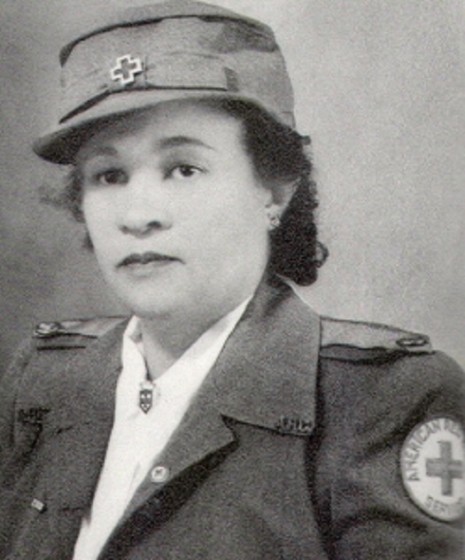
source:
http://www.oac.cdlib.org/view?docId=hb696nb3ht&brand=oac4&doc.view=entire_text






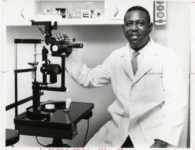

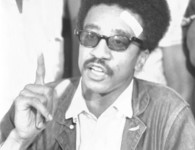

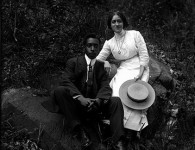


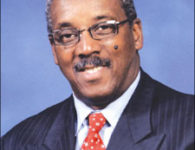


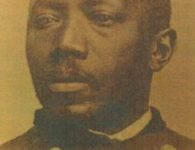
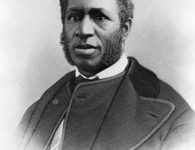



1 Comment
Tell me, if you were to approach the average high-school or college student or anyone in general on the street where
this person served the community for so many years had they ever heard the name how many do you think would be able to describe her or tell anything about her contributions many, some, hardly any? Annie Malone bought a complete block on the south side of Chicago after establishing a grooming college in St. Louis and moving here. Where are the accolades and testimonials in those communities so well served for so many years? She died in the Povident Hospital in the l950’s. How many young blacks were told of her by their parents or grandparents? Many, some, any at all?
Yet we hear of complaints about “lack of recognition” by the ‘white’ world. Recognition which like ‘charity’ should begin at home, but unfortunately has not so often in what some are calling the Afro/American ‘community’!